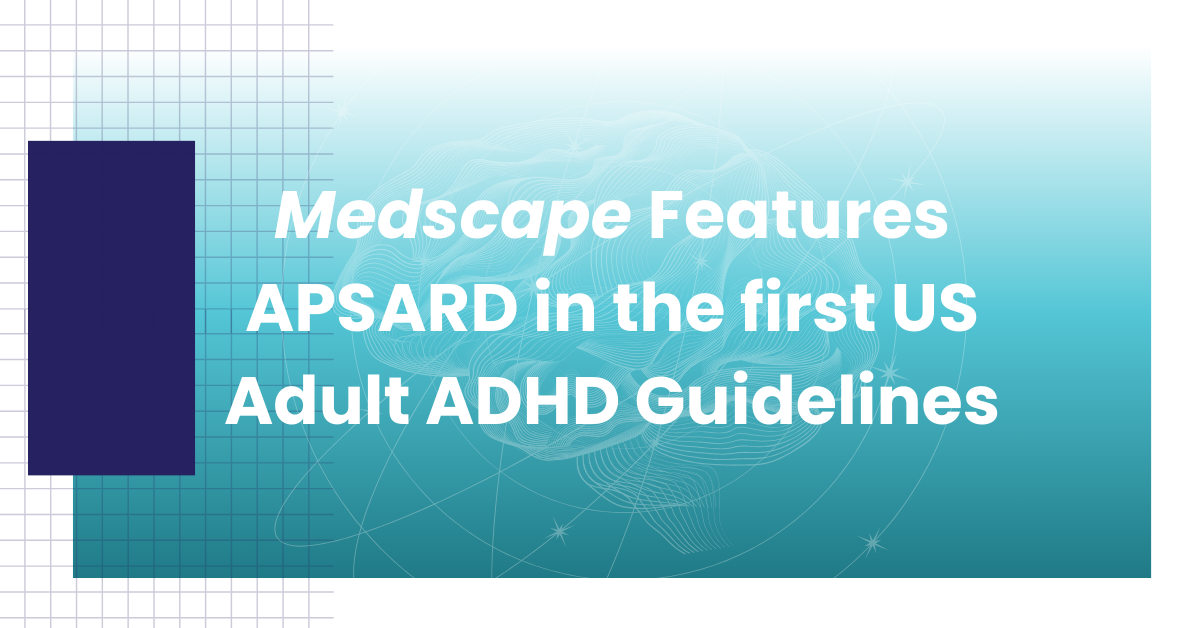ADHD Genes Found
Stephen V. Faraone, PhD

For many years, ADHD scientists have been searching for genes that pre-dispose people to having ADHD, a very difficult investigation. It turns out that the solution to the problem of finding genes was in getting large enough samples, so that we had enough statistical power to actually find these genes. What has been created is an international consortium consisting of over 100 people from 14 countries and five continents who are studying the genetics of ADHD. We pooled our data into a very, very large genome-wide association study, then we studied the entire human genome, looking for genes or, I should say, DNA variants.
This is the DNA that puts people at risk for having ADHD. Right now we have about 17,000 ADHD people in this big experiment, along with 95,000 controls. It’s really the largest experiment study in ADHD ever to have been done. What’s really exciting about this in 2016 is that, finally, after many years of doing these genome-wide studies, we can finally say for certain that we have detected loci on these genomes that are what we call genome-wide significant, meaning that we’re very sure that they are pointing to genes that are associated with ADHD. We think we have between five and eight genes that we can be sure about. We’re actually finalizing an analysis. I presented the final results at the January 2016 annual meeting of APSARD, the American Professional Society of ADHD and Related Disorders.
So far, the genes that we’ve discovered are quite interesting, because they’re pointing to novel pathways that haven’t been considered before. For example, everybody knows about the Dopamine system in ADHD and the Norepinephrine system in ADHD. These are well-known biological pathways that have been located by the treatments for the disorder. We’re now locating biological paths which, for example, are involved in synaptic plasticity in the development of the brain. These are genes that are involved both very early on in the brain during development, from the fetal stage up through young adulthood. They are also involved in learning and memory in the remodeling of synapses.
We hope, in the long run, that discovering these new genes and new biological pathways will give us new insights into how medications might be developed to target very specific problems that will occur in the ADHD brain. These are very exciting days for the people who have studied the genetics of ADHD. More importantly, these discoveries will bring exciting new treatments to ADHD patients, their loved ones, and medical professionals.

